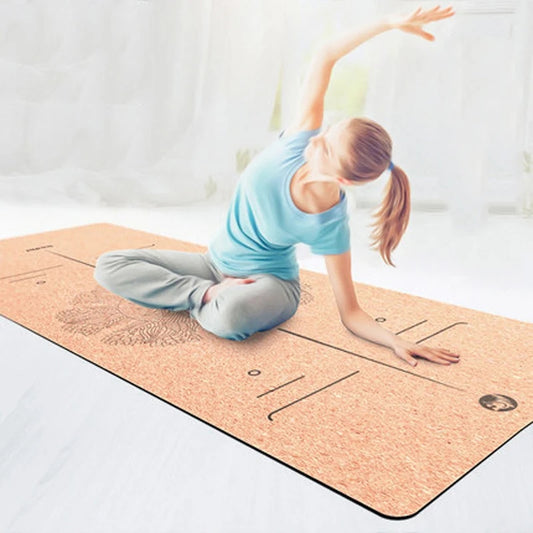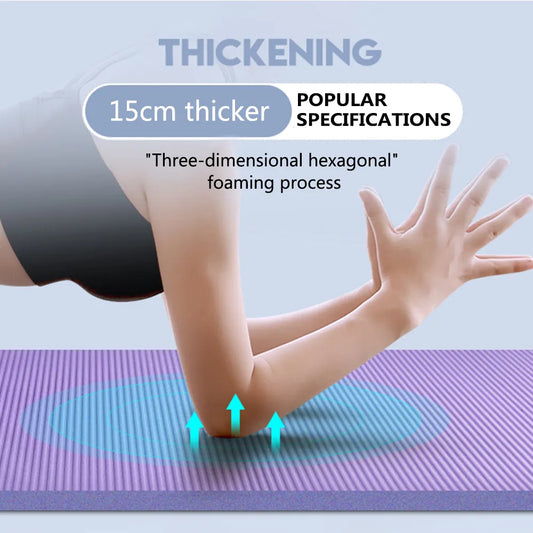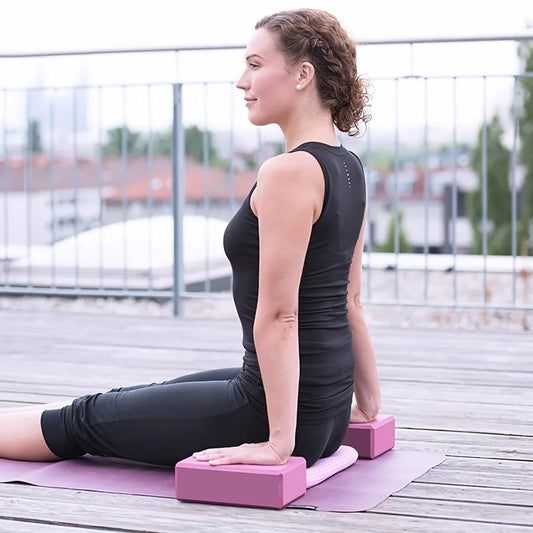A Pilates instructor is a trained professional who guides individuals through Pilates exercises and routines to help them improve strength, flexibility, posture, and overall fitness. Here are some key aspects of a Pilates instructor's role:
-
Certification and Training: Pilates instructors undergo comprehensive training and certification programs to become qualified to teach Pilates. They learn about anatomy, biomechanics, Pilates principles, teaching methodology, and hands-on techniques through accredited Pilates teacher training programs.
-
Instruction and Cueing: Pilates instructors provide clear and precise instructions and cues to guide students through Pilates exercises and movements. They demonstrate proper form and alignment, offer modifications and variations to accommodate different levels and abilities, and provide feedback and corrections to help students improve their technique.
-
Class Planning and Sequencing: Pilates instructors design and plan Pilates classes, including selecting appropriate exercises, creating sequences, and structuring workouts to target specific muscle groups and fitness goals. They consider the needs and abilities of their students and tailor classes to suit individual needs and preferences.
-
Focus on Core Strength and Stability: Pilates instructors emphasize core strength, stability, and alignment in their teaching. Pilates exercises target the deep core muscles, including the abdominals, back, and pelvic floor, to improve core strength, enhance posture, and support overall spinal health.
-
Use of Equipment and Props: Pilates instructors may teach mat-based Pilates classes or incorporate specialized Pilates equipment such as reformers, chairs, barrels, and cadillacs into their sessions. They are trained to use equipment safely and effectively to enhance the Pilates experience and provide additional resistance and support.
-
Individualized Attention: Pilates instructors provide individualized attention and support to students, offering personalized guidance, encouragement, and adjustments as needed. They create a supportive and inclusive environment where students feel empowered to challenge themselves and progress in their practice.
-
Continuing Education and Professional Development: Pilates instructors engage in ongoing learning, continuing education, and professional development to deepen their knowledge and skills as teachers. They attend workshops, seminars, and trainings, stay updated on industry trends and research, and seek mentorship and feedback from experienced instructors.
-
Ethical and Professional Conduct: Pilates instructors adhere to ethical and professional standards in their teaching practice, including maintaining client confidentiality, respecting boundaries, and upholding the principles of Pilates philosophy such as precision, control, breath, and flow.
Pilates instructors play a vital role in helping individuals improve their physical fitness, movement patterns, and overall well-being through the practice of Pilates. Their expertise, guidance, and encouragement inspire students to achieve their fitness goals and live healthier, more active lives.




















